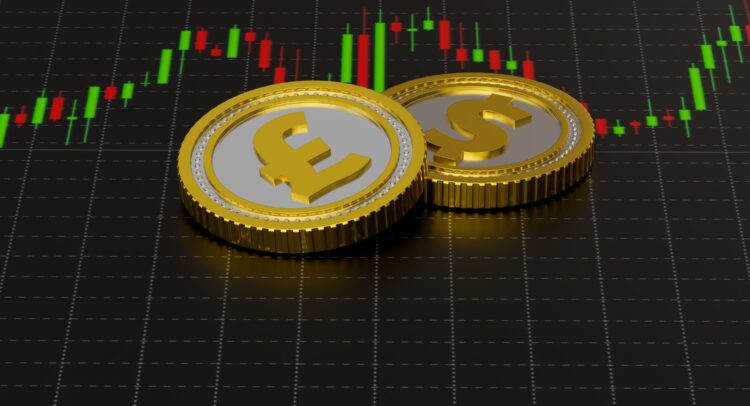The increasing use of artificial intelligence is intensifying the issue of data asymmetry for nation states. They only have one way to counteract it. Facebook’s introduction of the “I voted” button during the 2008 US presidential election sparked an experiment that still resonates today. The social network aimed to determine if social incentives could increase voter turnout. While voter participation did increase during that election, it’s difficult to attribute this solely to the button. Barack Obama’s popularity overshadowed everything at that time.
Since then, Facebook has conducted studies to examine the influence of the “I voted” button on voting behavior and increased voter turnout among users. The study revealed that an additional 340,000 Americans voted as a result of the button, which was a notable success given the minimal effort involved. However, controversy arose during the Icelandic elections in 2016 when Facebook selectively displayed the button to users, prompting concerns about its influence on the electoral process.
Many Icelandic politicians suspected that Facebook strategically targeted users to activate potential left-green party voters, raising questions about the ethical implications of such practices. Despite not using the button since then, Facebook’s impact on politics and society persists through different means. Influencing elections is just one element of the power dynamic between Big Tech and nation states.
To address data asymmetry with Big Tech, nation states must collaborate more closely on data collection. However, varying data protection laws and cultural norms make uniform global rules challenging to establish. The United Nations has recognized this issue but progress is slow. The rise of artificial intelligence exacerbates data sovereignty challenges, with AI systems relying heavily on vast data sets to operate effectively.
As Big Tech continues to wield significant influence, there is a growing concern about their ability to manipulate markets and political processes covertly



